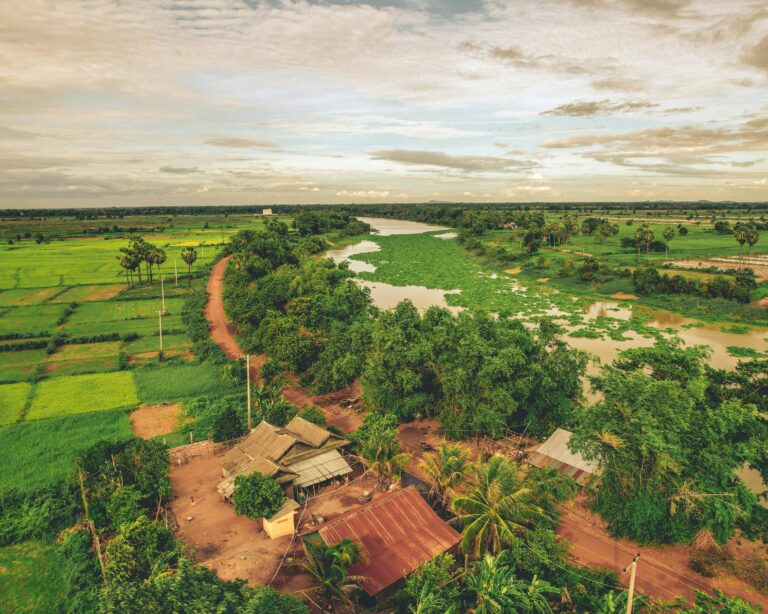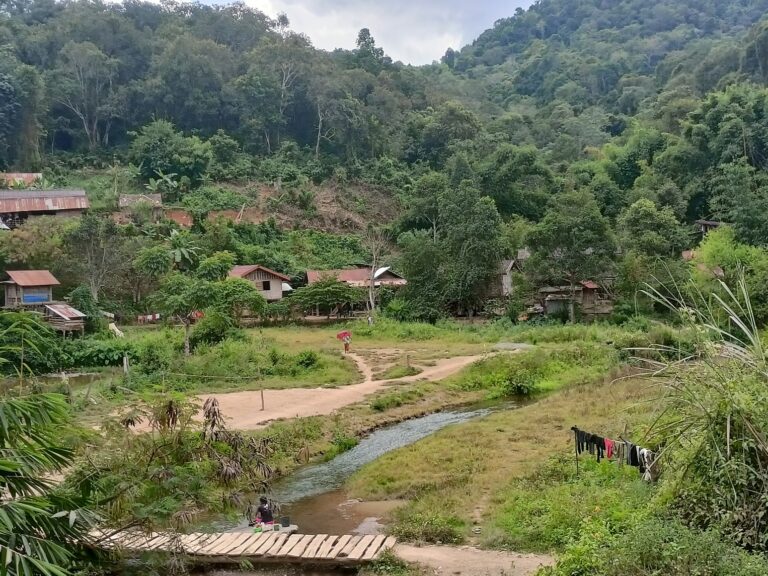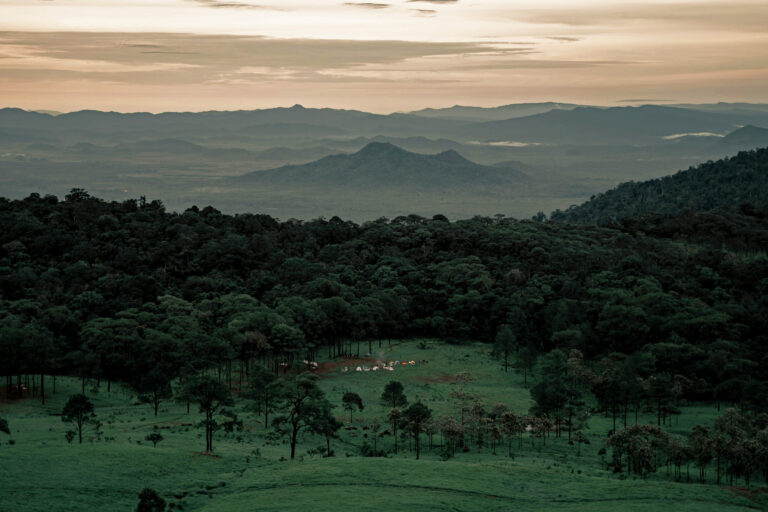Project Description
Wetlands are especially vulnerable to climate change due to their sensitivity to shifts in hydrological regimes. As climate extremes intensify, site managers need a strong evidence base to guide adaptation and mitigation efforts. To address this, the Ministry of Environment, Forest and Climate Change (MoEFCC), in partnership with GIZ, implemented the Wetlands Management for Biodiversity and Climate Protection project. ICEM contributed by conducting climate risk assessments and adaptation planning for four Indian Ramsar sites: Renuka Lake, Pong Dam Reservoir (Himachal Pradesh), Bhitarkanika Mangroves (Odisha), and Point Calimere Wildlife and Bird Sanctuary (Tamil Nadu).
Objectives, Activities, and Results
The project assessed site-specific climate risks in partnership with State Wetland Authorities and site-level management bodies. Each site represented contrasting ecological and climate conditions—upland lakes and reservoirs in the north, and coastal mangrove wetlands in the south. ICEM evaluated climate exposure and vulnerabilities and facilitated local adaptation planning processes. Key outputs included the identification of ecosystem-based adaptation (EbA) strategies tailored to each site. These included measures to improve hydrological regulation, habitat restoration, and buffer capacity against sea-level rise and extreme weather events. The assessments helped improve local capacity to integrate climate resilience into wetland management and planning frameworks.



